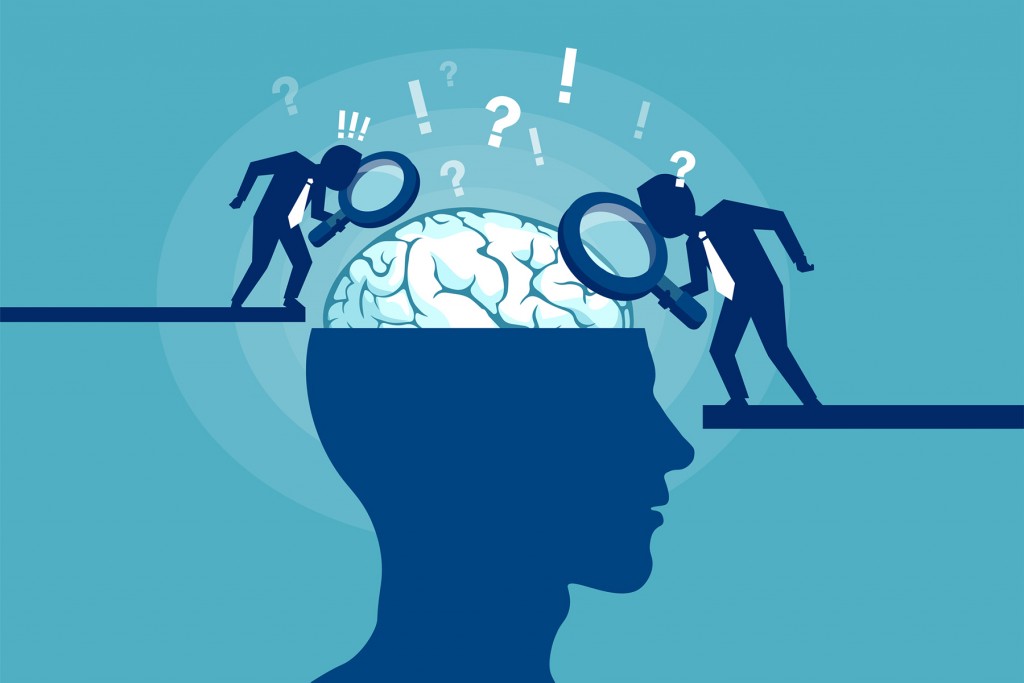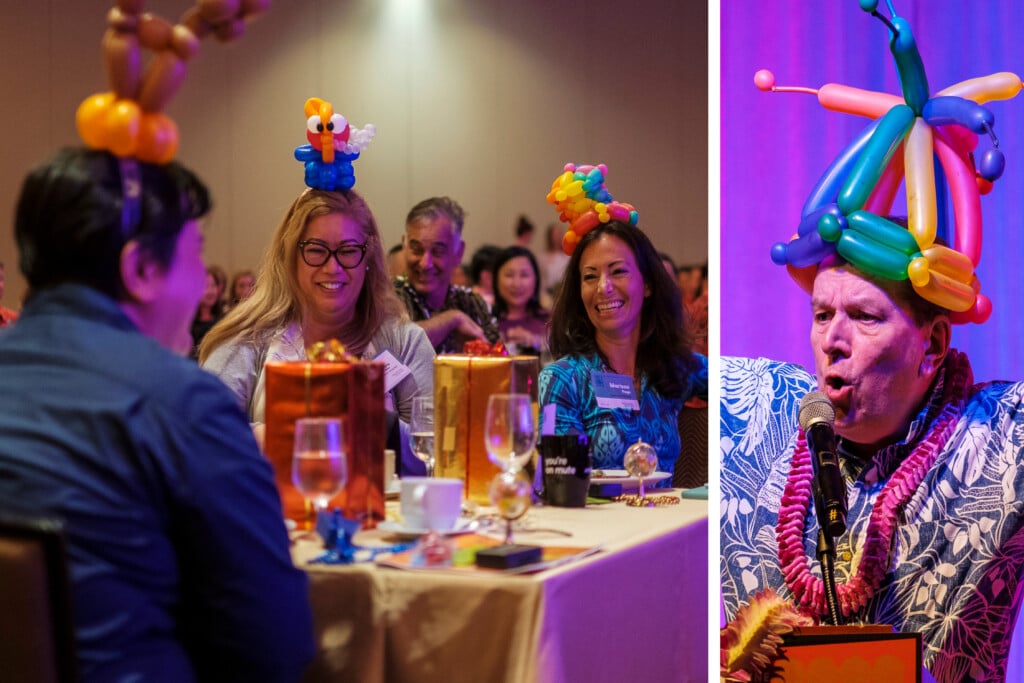Editor’s Note: That is What Your Brain Looks Like on Multitasking

I am writing this column while not checking my email, fielding a phone call, consulting with colleagues or eating my lunch. Sadly, I am only writing this column.
To my complete shame, I am awful at multitasking. I can only do one thing well at a time. I can switch gears reasonably well, going back and forth between any of the tasks listed above, but that isn’t my best work. I can do two or three things badly at the same time, but I doubt that qualifies as a talent.
So it was with great sadness that I learned of the death on Nov. 2 of Clifford Nass, a Stanford University professor who studied how humans interact with technology. Probably his most famous project, published in 2009, was about people who frequently and proudly juggle tasks. He told PBS’ Frontline show that everyone on his team assumed that experienced multitaskers would be skilled at focusing on the essential amid all the background distractions or possess some other added skill.
“We all bet high multitaskers were going to be stars at something,” he said in that interview. “We were absolutely shocked. We all lost our bets. It turns out multitaskers are terrible at every aspect of multitasking. They’re terrible at ignoring irrelevant information; they’re terrible at keeping information in their head nicely and neatly organized; and they’re terrible at switching from one task to another.
“One would think that if people were bad at multitasking, they would stop. However, when we talk with the multitaskers, they seem to think they’re great at it and seem totally unfazed and totally able to do more and more and more.”
Isn’t it great when science proves you right? I was reminded of Nass’ research when I read his obituary and, since multitasking is the subject of much disagreement in my marriage, I decided to mention his study to my wife, who often claims that women/mothers/executives/wives like her have to multitask to get through the day, and so they become better at it. Of course, now I had evidence to reinforce what I knew to be true, so surely she would change her mind.
I had barely finished my triumphant declaration when Ann responded, “Well, I just read about a study that proved that women are better at multitasking than men.” She was right, of course. The study of 120 women and 120 men published in October in the journal BMC Psychology and reported by the BBC showed that women were substantially better than men when forced to do two things at once. The study also found that women were better at switching from one task to another and in solving problems under stress. In my defense, the study also found both men and women did better on the same tasks when they could do them one at a time, but my wife’s argument is that you often don’t have that luxury.
Looks like that family disagreement isn’t going away. Maybe I should curse science for letting me down, but I can’t effectively do that until I finish writing this article.






